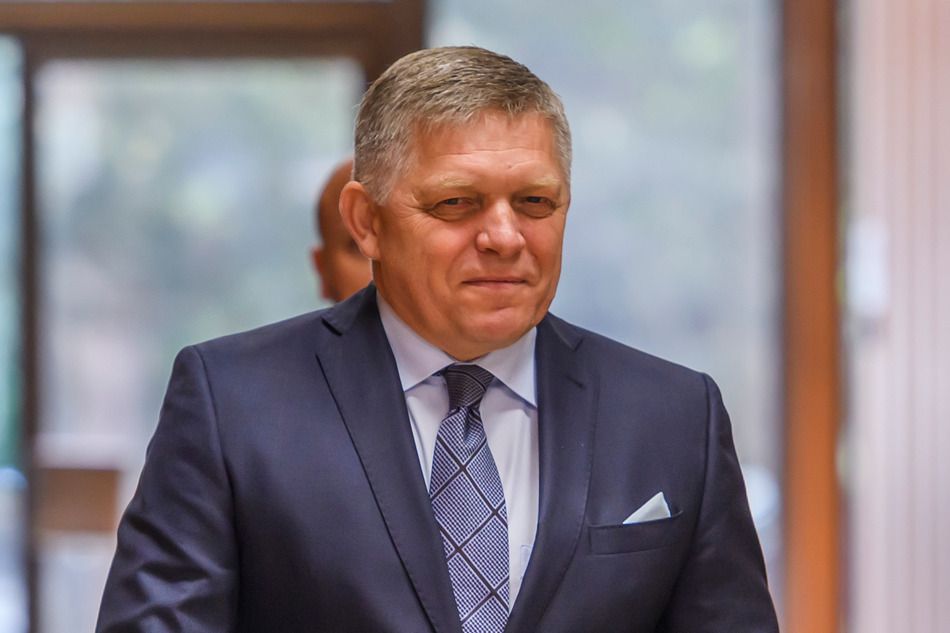Fico at EU Summit Rejects Harmonisation of Corporate Income Taxes

Brussels, April 18 (TASR-correspondent) - Prime Minister Robert Fico (Smer-SD) made no secret of his scepticism towards the proposed plans for a better economic future of the EU following an extraordinary two-day summit of the European Union (EU) in Brussels on Thursday evening.
Before discussing the protection of the single market, building a capital markets union and strengthening competitiveness, the leaders listened to a report on the future of the single market by former Italian Prime Minister Enrico Letta. Fico pointed out that during the talks with Letta, Slovakia had taken particular care to include the social aspects of the report.
The prime minister noted that the EU had had several ambitious economic plans so far and suggested that their objectives hadn't been achieved. "Now the next agenda is how to deepen the single market and help the EU's competitiveness. The United States in particular has been mentioned in relation to private capital," he said, adding that this situation also applies to Slovakia, where people have huge savings of capital in the second savings pillar in addition to banks. He noted that this money isn't used for the development of Slovakia, but, as elsewhere in the EU, a huge amount of money goes to the USA, from where it comes to Europe as investments.
The Slovak premier explained that the government's duty is to kick-start the economy through all available resources, whether from the state budget, EU and other funds, and also through private capital, which, according to him, is also stated in the Government Manifesto. He welcomed the summit's conclusions, which also referred to the use of private resources to boost the domestic economy and, from the EU's point of view, to European objectives.
The leaders also discussed how to combine the objectives of the European Green Deal with support for industry. According to Fico, several states are aware that green ambitions are hampering economic development, which is why the conclusions call for a balance and "reasonableness" of climate goals linked to economic development.
In his view, the proposals for harmonisation of corporate taxes were impassable for Slovakia. "Taxes are a national power. Despite this, some big countries have tried to find ways to push words like convergence or harmonisation. I appreciate that the Visegrad Four [V4] countries [the Czech Republic, Hungary, Poland, Slovakia] and others were of the same mind on this and rejected it. We rejected this very hard," he explained. However, he agreed with proposals for harmonisation at EU level as regards the resolution of bankruptcies of insolvent firms.
